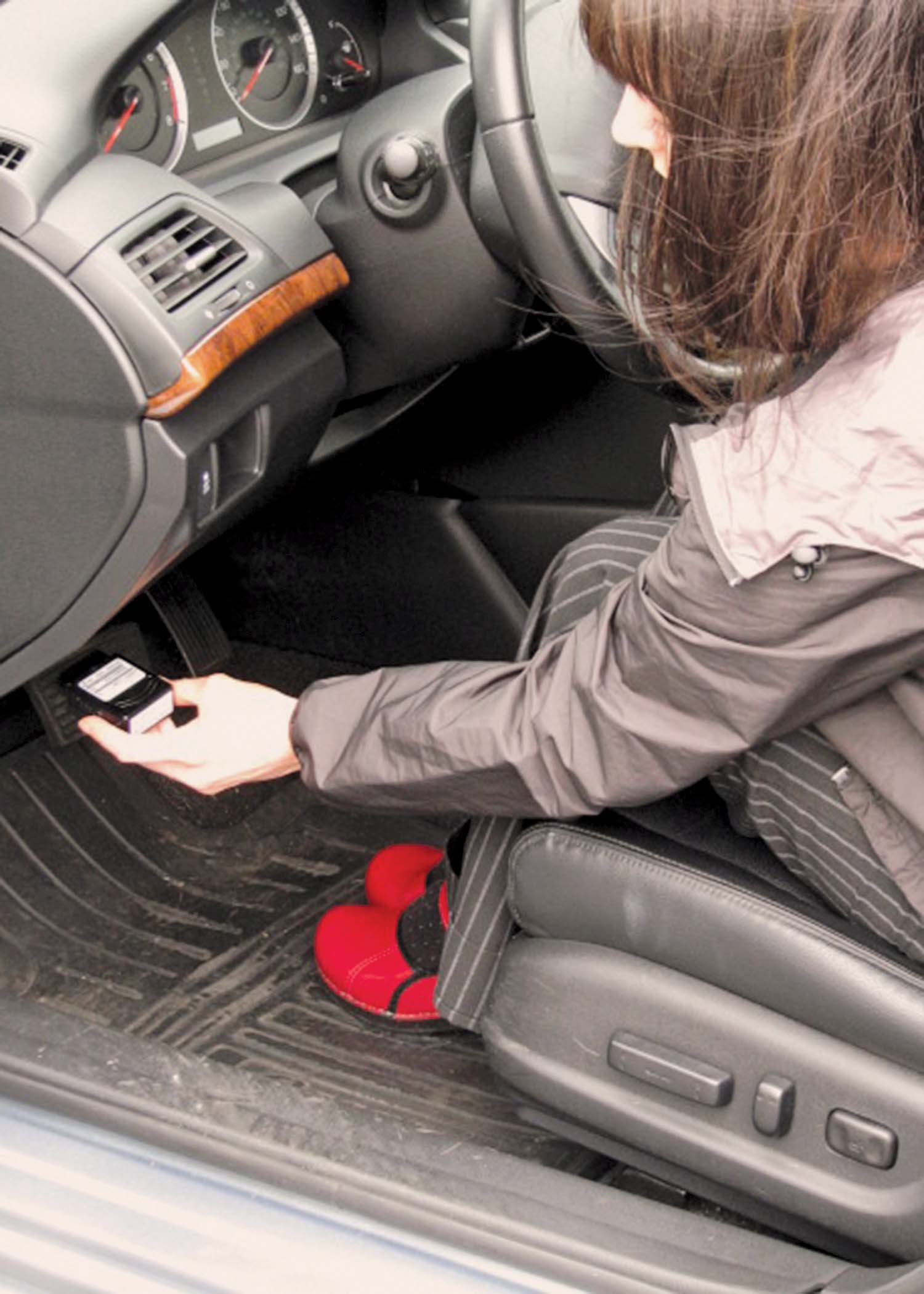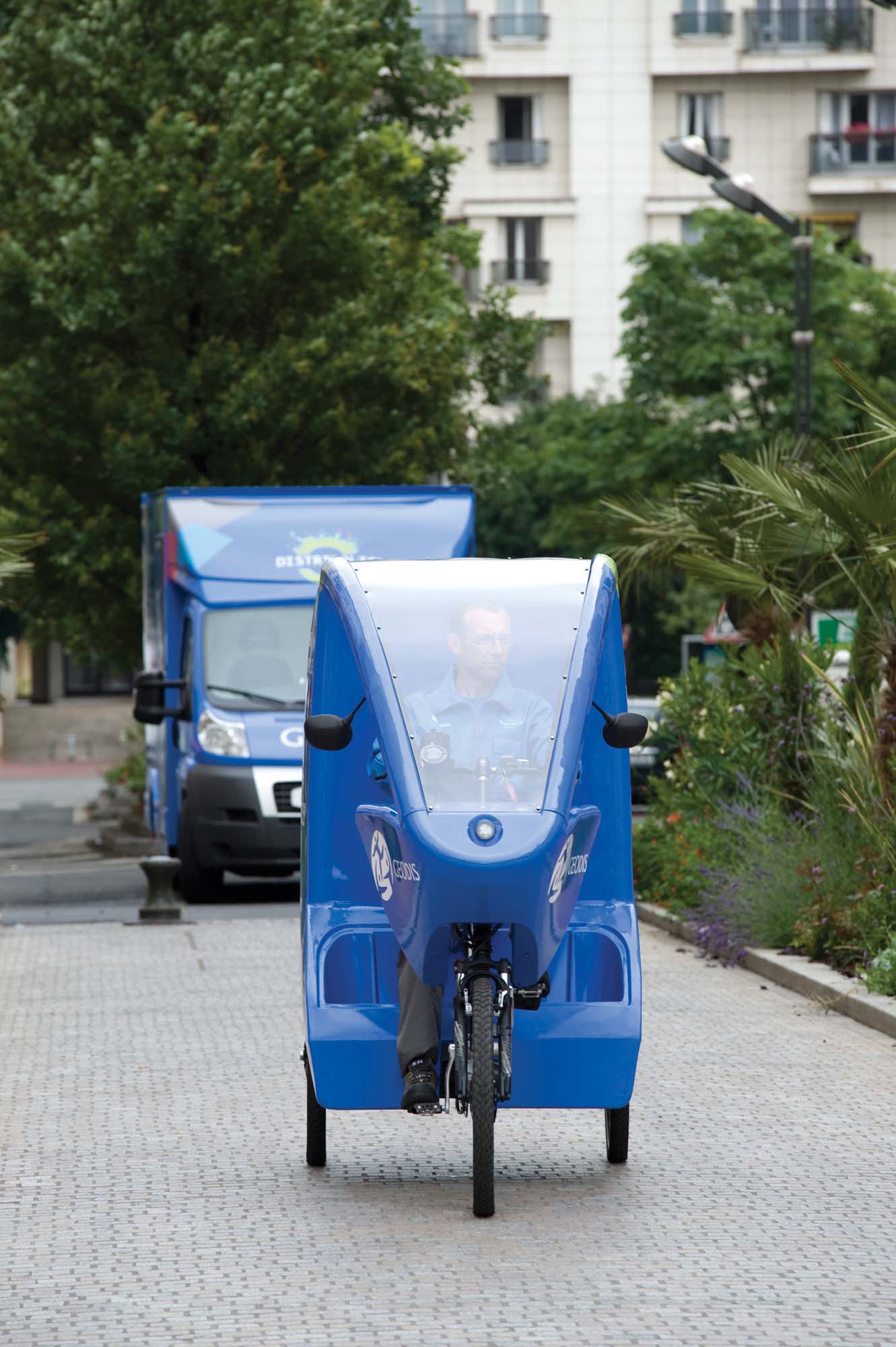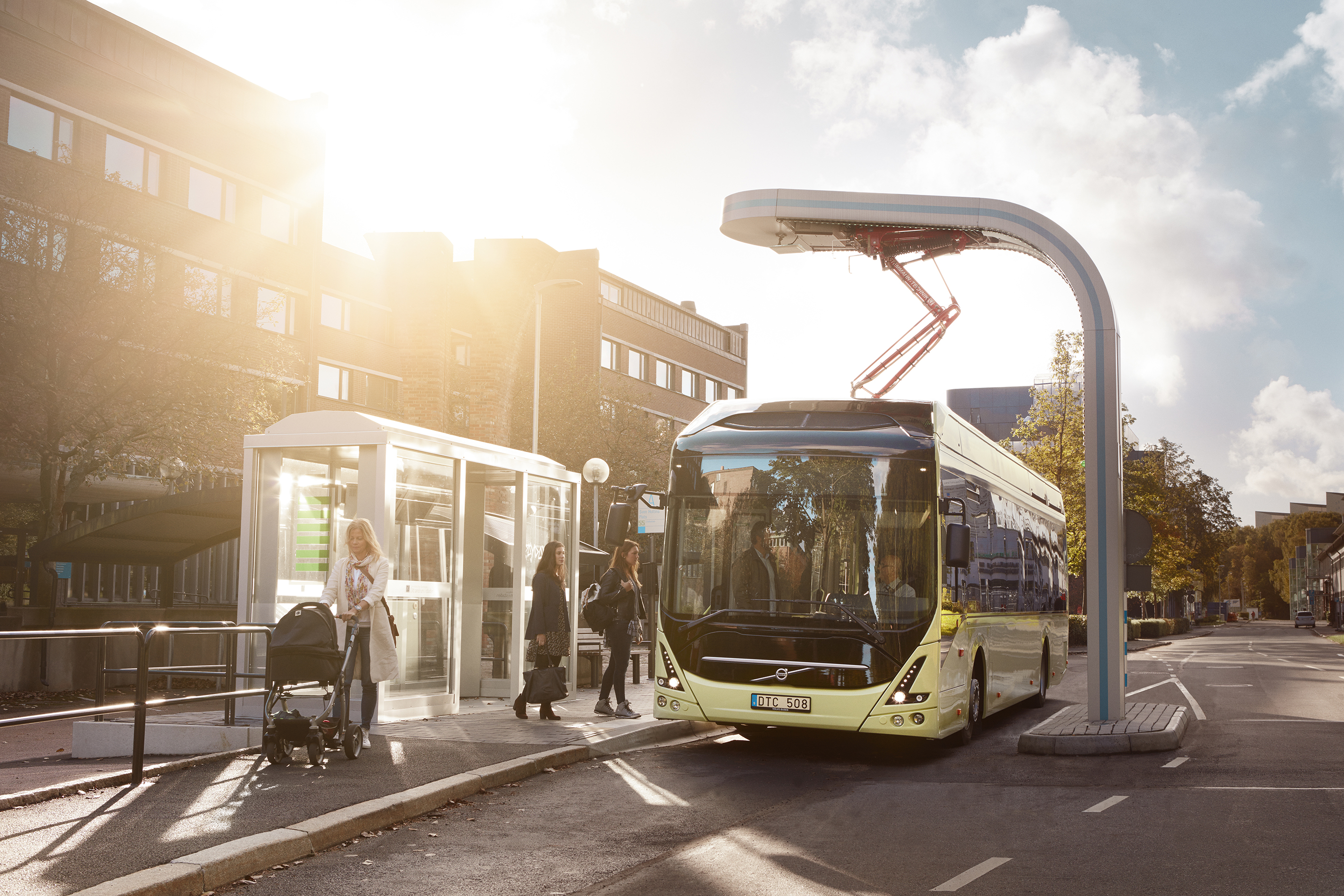
The cost, environmental and other benefits of the bus trailer concept are obvious. Used in several areas of Germany, as well as Austria, Switzerland, and Luxembourg, vehicle sizes can be adapted to passenger demand
TheLike most bus operators the world over, Ruebenacker faced the problem of massively differing passenger demand not just by time of day, but also by season. Take pupil transport, for instance: in peak hours, large-capacity articulated buses, also referred to as bendy buses, or even additional relief buses are needed while, during the rest of the day, low passenger demand could be served by much smaller and more economical buses.
To solve this problem, in 2006, the Ruebenacker group introduced bus trailers to achieve flexible capacity that could be adaptable to be substantially more cost-effective and efficient. The concept is simple: depending on passenger volume a trailer is attached to the bus. In rush hours, for instance for pupil transport, the capacity of a bus is nearly doubled. During the non-busy periods, including weekends or holidays, only the towing bus is required to meet demand. As a result, no additional weight is carried, fuel costs are lower, and no relief buses or extra drivers are necessary.
Two types
Ruebenacker now operates a fleet of two types of bus trailer – the Midi Train and the Maxi Train, manufactured by German company Göppel Bus. The midi train uses a 9.1m MAN Nutzfahrzeuge low-floor bus, with an 8.3m trailer, for a total length of 19m (62.3ft). Bus capacity of 85 persons is increased by 77 for a total passenger capacity of 162, including standing capacity, when the trailer is attached. Project:
Use of bus trailers by Ruebenacker group, Germany
Cost:
Approx 65% of comparable seating capacity bus
Benefits:
• Savings of US$375,000 a year
• Higher service life
• Reduced maintenance
• Longer service life
• Fuel cost reductions
• Reduced CO2
• No additional weight carried
• Fewer relief buses and drivers required Meanwhile, the maxi train uses a 12m
What the company has also found is that user and resident acceptance and perception of the bus trailer combination in the narrow streets of towns is higher than for articulated buses. Due to two steered axles, the curve radius of the trailers does not differ from single buses. Interestingly, passengers highlight the silent comfort of the trailers without engine noise.
Cost benefits
In 2010, Ruebenacker calculated the cost benefits of using the modular concept for the fleet of seven bus trailers it deployed. In general, the system provides high flexibility, has minimised both maintenance and operational costs, and provided a positive environmental impact. Because the company can now do without some of the 18m articulated buses it was previously using as relief buses, and also the cost savings in maintenance, plus personnel costs for three drivers, Ruebenacker is saving €275,000 a year (approx US$375,000).
Moreover, in terms of reductions of fuel consumption, the company calculated these based on mixed operation in solo and with trailer configuration and compared the result to the use of articulated buses. For the midi train the company achieved an improvement of 14.79 litres of diesel per 100km, while the figure for the maxi train was 12.03 litres of diesel/100km. Associated CO2 reductions amount to 39kg CO2 per 100 km for the midi train and 32 kg CO2 per 100km for the maxi train respectively.











